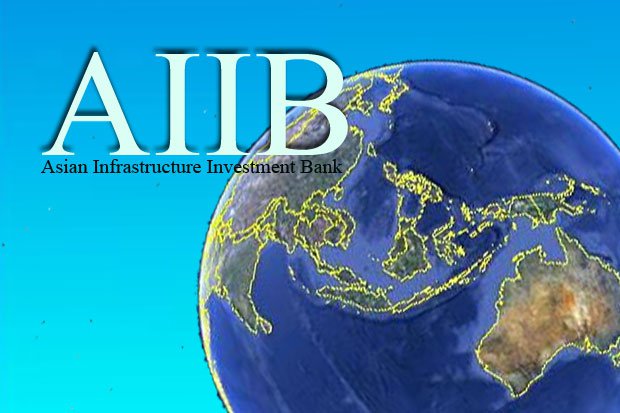ADB President Nakao Congratulates the Opening of AIIB
MANILA, Jan. 17 (NsNewsWire) — On the occasion of the establishment of the Asian Infrastructure Investment Bank (AIIB) with the Opening Ceremony to be held in Beijing, People’s Republic of China today, Asian Development Bank (ADB) President Takehiko Nakao sends his congratulations to the AIIB founding members, Mr. Jin Liqun, who was just officially made the first president of AIIB, and the staff of the Mulitilateral Secretariat who have been preparing the establishment of this new institution.
“ADB will cooperate closely with AIIB in supporting the development of the Asia Pacific region, drawing on ADB’s 50 years of experience and expertise and with extensive network of 31 field offices in developing member countries” said Mr. Nakao.
Mr. Nakao met with Mr. Jin twice last year, first in Baku in May during the ADB’s Annual Meeting, and second in Beijing in September. They agreed to the need to fill large infrastructure gap in the Asia and Pacific region, the critical role of infrastructure in supporting sustainable development and poverty reduction, and the importance of strong policies to ensure the environmental and social sustainability of projects.
ADB has been assisting the Multilateral Secretariat throughout last year to prepare the new institution’s various operational policies such as guidelines for environmental and social safeguard and for procurement.
ADB has started identifying potential cofinancing projects with AIIB in such areas as transport, renewable energy, urban and water. Preparations are underway so that an ADB co-financed project would be among the first batch of projects to be financed by AIIB when it starts its lending operations by mid-this year.
ADB, based in Manila, is dedicated to reducing poverty in Asia and the Pacific through inclusive economic growth, environmentally sustainable growth, and regional integration. Established in 1966, it is owned by 67 members – 48 from the region. In 2014, ADB assistance totaled $22.9 billion, including cofinancing of $9.2 billion.
